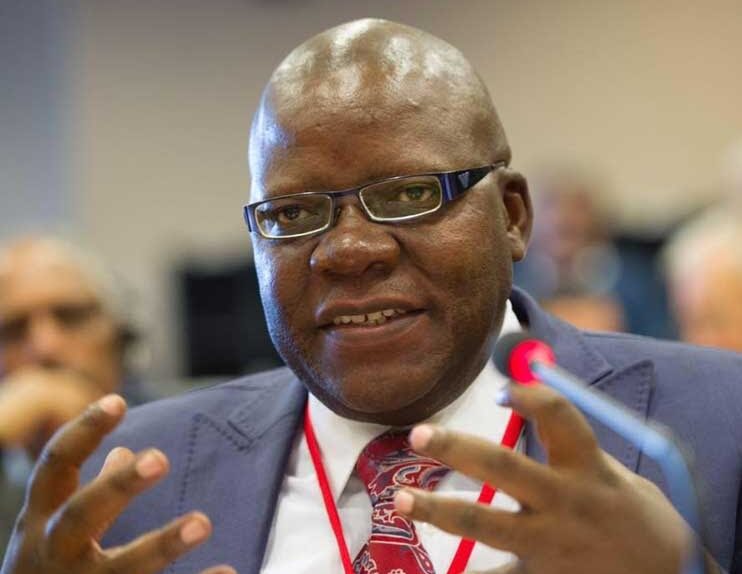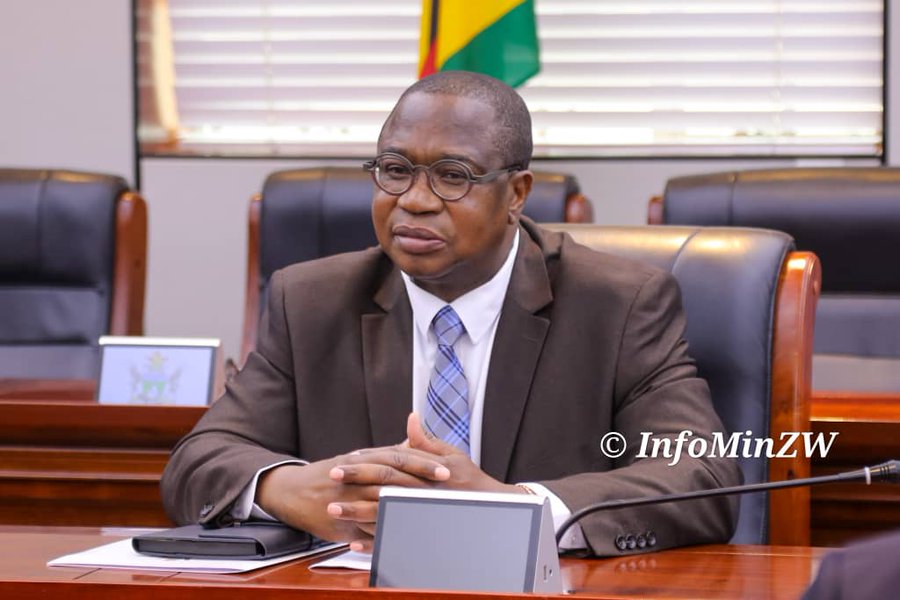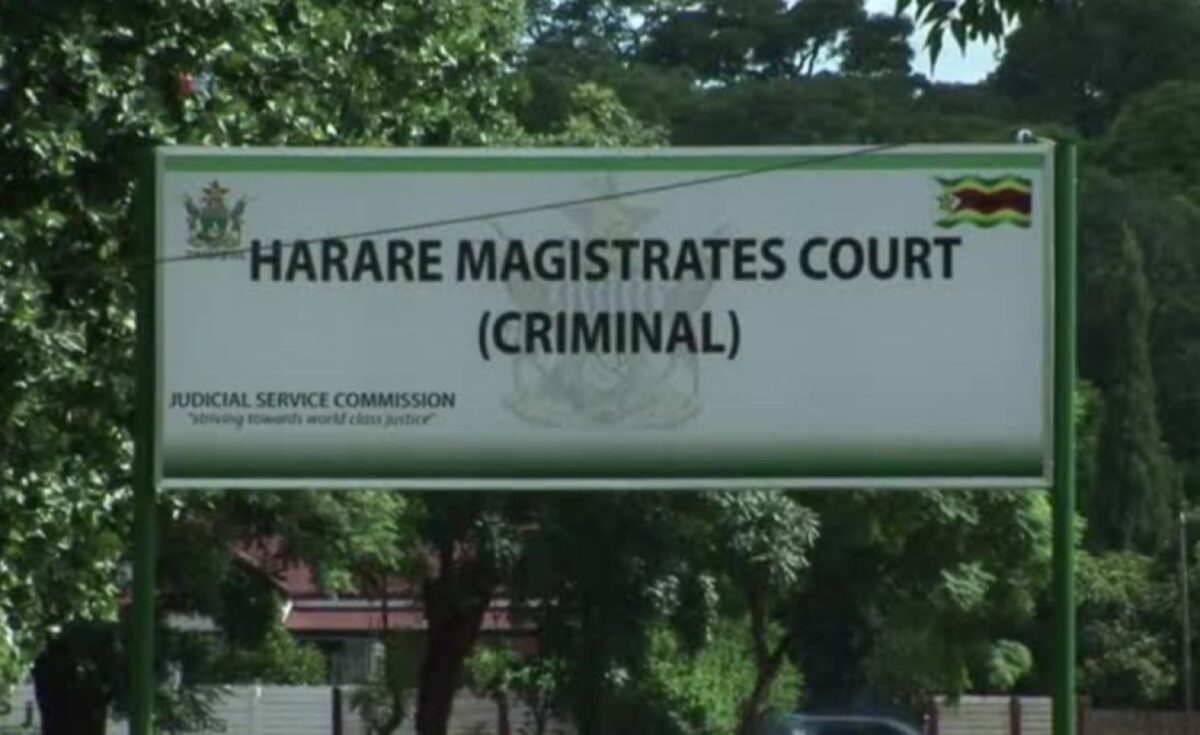HARARE – Citizens Coalition for Change (CCC) politician and legislator Tendai Biti has authored a book detailing how liberation movements in Africa and Latin America have used populism as a self-preserving tool while stifling democracy and development in their countries.
In the book titled, Liberation-Movement Populism, Biti says post-independence rulers have undermined sound policy debate and further bequeathed on posterity, some manmade socio-economic ills and social instability.
Biti co-wrote the book with other reputable international political science scholars Nic Cheeseman, Christopher Clapham, Ray Hartley, Grey Mills, Juan Carlos Pinzonn and Lyal White.
Populism involves a set of socio-cultural performances characterised by a leader’s charisma, theatrics, and transgression of accepted norms.
In the book, launched Thursday at SAPES Trust, Zimbabwe’s former finance minister says corrupt ruling elites use the veil of democracy to valorise populist discourses to legitimise their supposed entitlement to eternal rule.
“The armed struggle against oppression is the mainspring of populist leaders who have chosen to interpret liberation-movement populism history in a way that favours their continued rule.
“To some, liberation movements are the sole legitimate representatives of the people because, by taking up arms and fighting militarily, they became the true representatives of the people.
“This populist myth, is of course, not in accordance with the facts, which show that many others, from priests to journalists and protesting youths made sacrifices as large as outside the armed struggle,” writes Biti.
Speaking at the book’s launch, Biti said the book was an extension of his 2019 one titled, Democracy, in which he highlights how Zimbabwe’s ruling elites sought “myopic” solutions that are not based on long-term sustainable solutions.
“That which we call populism is an opportunistic adhesion which takes advantage of real genuine problems of an existential nature,” said the veteran politician and lawyer.
“The challenges in the African continent have been the challenge of a post-liberation movement that has failed to deliver, where a myopic solution is employed and not grounded to long term sustainability.
“It’s so easy to find the discourse that is short-term, to find a discourse that is disconnected to long term solutions; centred around the rule of law, constitutionalism, social institutions and a network of delivering systems that actually deliver.
“The common threat remains the populism of Latin America and the populism of Africa.”
Among those who attended the book launch was CCC leader Nelson Chamisa, Zanu PF spokesperson and former Ambassador Christopher Mutsvangwa, opposition politician Linda Masarira, and MDC-T senator Morgen Komichi.
Biti added, “At independence in 1980, the GDP of Zimbabwe was US$7 billion, the GDP of Zambia US$3,86 billion, the GDP of Kenya was more or less the same price of Zimbabwe around US$7 billion.
“When you fast track 44 years later, the GDP of Kenya US$254 billion, the GDP of Kenya is US$64 billion dollars, the GDP of Zimbabwe is limping around US$15 billion.
“So, we have a challenge of a state that has failed to deliver the basic needs, the basic requirements of the citizens, the right to housing, 95 % of our people are unemployed.
“The majority of urban dwellers are living in rented accommodation. 50 % of our people are living in extreme poverty, 3,5 million people have to depend on the state for direct survival.
“This is an African story, a common African problem.”
Biti argues in his book that movements that took up arms for the sole purpose of decolonizing African countries are incapable of transformation and development, as espoused by the famous decolonial scholar Frantz Fanon in chapter 4 of his acclaimed book, The Wretched of the Earth.
“Liberation-movement populism does not apply to the period immediately after liberation, but it can also be applied to subsequent actions of liberation, when these seek to restore order after a post-colonial movement is overthrown,” he says.
“The hold of liberation-movement populism is powerful and has the effect of delegitimising the opposition as ‘enemy forces’ wanting to return the country to the dark days of oppression, even when the opposition is clearly working within the parameters of the post-liberation democratic order.
“Because they control the dispensing of patronage, make the rules for business and control the public discourse, liberation movements are able to exert pressure on the inherited establishment of the old order to support it and not opposition parties, should they want legitimacy and a part of the post-liberation rents.
“In Zimbabwe, where the opposition enjoys large public support, more repressive measures are taken with the same jurisdiction.
“Because it is no longer acceptable to rule through outright authoritarianism, the veneer of democratic ‘elections’ is used to confer legitimacy on these governments.
“A critical aspect of liberation-movement populism is the unspoken rule that one liberation movement will not go against another.
“This is a powerful network that renders these multilateral institutions (AU, SADC) powerless to act even in the face of obvious abuses.”
















